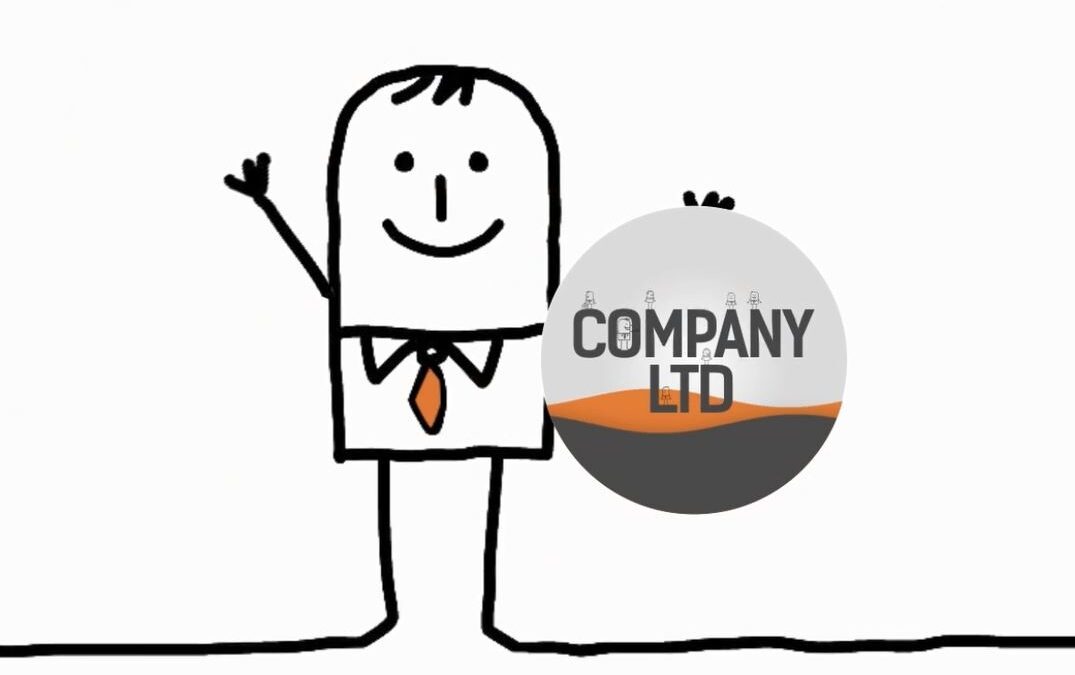Craig Simpson, Tax Partner at Bates Weston looks at the growing trend towards employee Ownership and the Employee Ownership Trust in particular.
According to the Employee Ownership Association, the UK’s Employee Owned (EO) sector has doubled since 2020, with a record 285 new EO businesses created in 2021.
Craig has advised several business owners on their move to employee ownership. There are employee-owned businesses in every sector of the UK, in varying shapes and sizes, across all stages of the business lifecycle – from start – ups to succession planning. What they have in common is a desire to engage, encourage and reward employee commitment.
Looking at the succession scenario in particular, Craig often begins by asking business owners where they see their business going in the future? Typically, there may be three options. Sold to a competitor or other third party, sold to the existing management team or, increasingly, in the hands of all the employees who helped to build it.
Usually, the driving force behind option three is a desire to see the culture the founding owners and their employees have created in the business continue. The benefits include engaged employees, increased productivity, and resilience.
As a result, employee ownership, through the creation of an Employee Ownership Trust (EOT) has become increasingly popular. The Government sees the benefits of this type of employee ownership too, and has, since 2014, incentivised business owners to sell their shares to an EOT through Capital Gains Tax Exemptions. It also allows bonuses of up to £3,600 paid to employees by an EOT to be free of Income Tax.
The basic principles of an Employee Ownership Trust are that as a business owner you sell a controlling interest – that’s more than 50% – of your shares to an EOT, established for the benefit of all employees. Your business is independently valued to ensure you receive market value for your shares. The EOT funds the purchase out of surplus cash in the business, through a bank or from future trading profits. Payments made to you, up to the full market value of your shares are free of Capital Gains Tax.
If you are looking at succession options for your business and you think an Employee Ownership Trust might be right for you, you can find out more here, or you are welcome to get in touch with Craig Simpson, without obligation.
This guidance is generic in nature and does not constitute advice. You should take no action based upon it without consulting ourselves or your own professional advisor.

